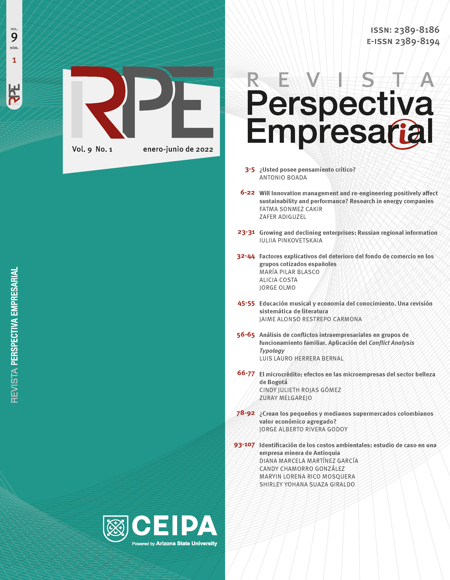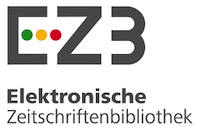Do you possess critical thinking?
¿Usted posee pensamiento crítico?
##plugins.themes.bootstrap3.article.main##
One of the great challenges in the post-COVID-19 pandemic teaching-learning process corresponds to the critical thinking of the actors involved in the process (both teachers and students). In fact, when doing an online search, you will find millions of articles and scientific documents written in various languages in line with this theme; However, the question also comes up again: do you have critical thinking? One of the great challenges in the post-COVID-19 pandemic teaching-learning process corresponds to the critical thinking of the actors involved in the process (both teachers and students). In fact, when doing an online search, you will find millions of articles and scientific documents written in various languages in line with this theme; However, the question also comes up again: do you have critical thinking? Perhaps you —or the educational institution in which you work— have the same position as Hawes (2003). This author clearly states that "developing the capacity for autonomous and critical thinking is a major commitment of university education and a social expectation of professionals who graduate from it" (p. 5).
Downloads
##plugins.themes.bootstrap3.article.details##
Bezanilla-Albisua, M.J. et al. (2018). El pensamiento crítico desde la perspectiva de los docentes universitarios. Estudios Pedagógicos, 44(1), 89-113. https://doi.org/10.4067/S0718-07052018000100089 DOI: https://doi.org/10.4067/S0718-07052018000100089
Boada, A. (2020). Online Aptitude and Vocation Diagnose System for Bachelor Degree Applicants, UNEFA Experience. En 9th International Conference on Operations Research and Enterprise Systems- ICORES 2020, Valletta, Malta
Castellano, M.H. (2007). El pensamiento crítico en la escuela. Buenos Aires, Argentina: Prometeo libros.
Driver, R. (1989). Students' conceptions and the learning of science. International Journal of Science Education, 11(5), 481-490. https://doi.org/10.1080/0950069890110501 DOI: https://doi.org/10.1080/0950069890110501
Hawes, B.G. (2003). El pensamiento crítico en la formación universitaria. En Documento de Trabajo 2003/6, Universidad de Talca, Talca, Chile.
Laburu, C.E. (1996). La crítica en la enseñanza de las ciencias: constructivismo y contradicción. Enseñanza de las Ciencias, 14(l), 93-101 https://doi.org/10.5565/rev/ensciencias.4243 DOI: https://doi.org/10.5565/rev/ensciencias.4243
Rugarcía, T.A. (1997). La formación de ingenieros. Puebla, México: Universidad Iberoamericana.
Sánchez, M.Z. (2012). Los estudiantes universitarios del siglo XXI en México: de la pasividad a la autonomía y al pensamiento crítico. Teoría de la Educación. Educación y Cultura en la Sociedad de la Información, 13(2), 424-440 DOI: https://doi.org/10.14201/eks.9021
https://doi.org/10.14201/eks.9021 DOI: https://doi.org/10.14201/eks.9021
Siegel, R. (1989). The rationality of science, critical thinking, and science education. Synthese, 80(1), 9-41. DOI: https://doi.org/10.1007/BF00869946
https://doi.org/10.1007/BF00869946 DOI: https://doi.org/10.1007/BF00869946
Viennot, L. (1979). Spontaneous reasoning in elementary dynamics. European Journal of Science Education, 1(2), 205-221. https://doi.org/10.1080/0140528790010209 DOI: https://doi.org/10.1080/0140528790010209
Watts, D.M. and Zylbersztajn, A. (1981). A survey of some children's ideas about force. Physics Education, 16(6), 360-365 https://doi.org/10.1088/0031-9120/16/6/313 DOI: https://doi.org/10.1088/0031-9120/16/6/313



































